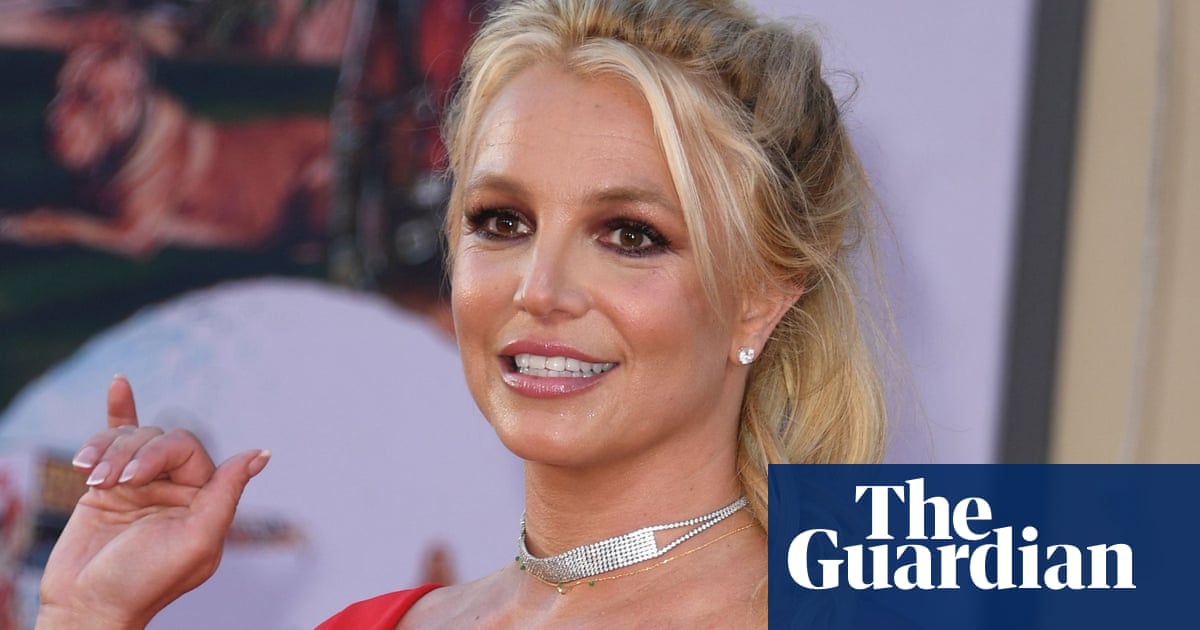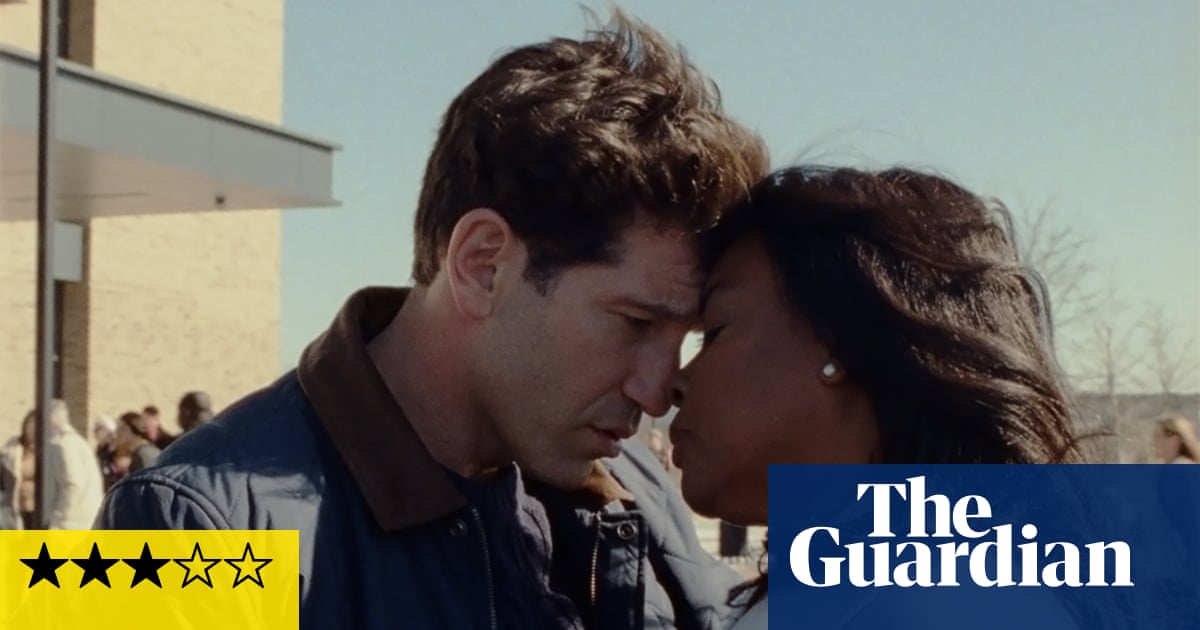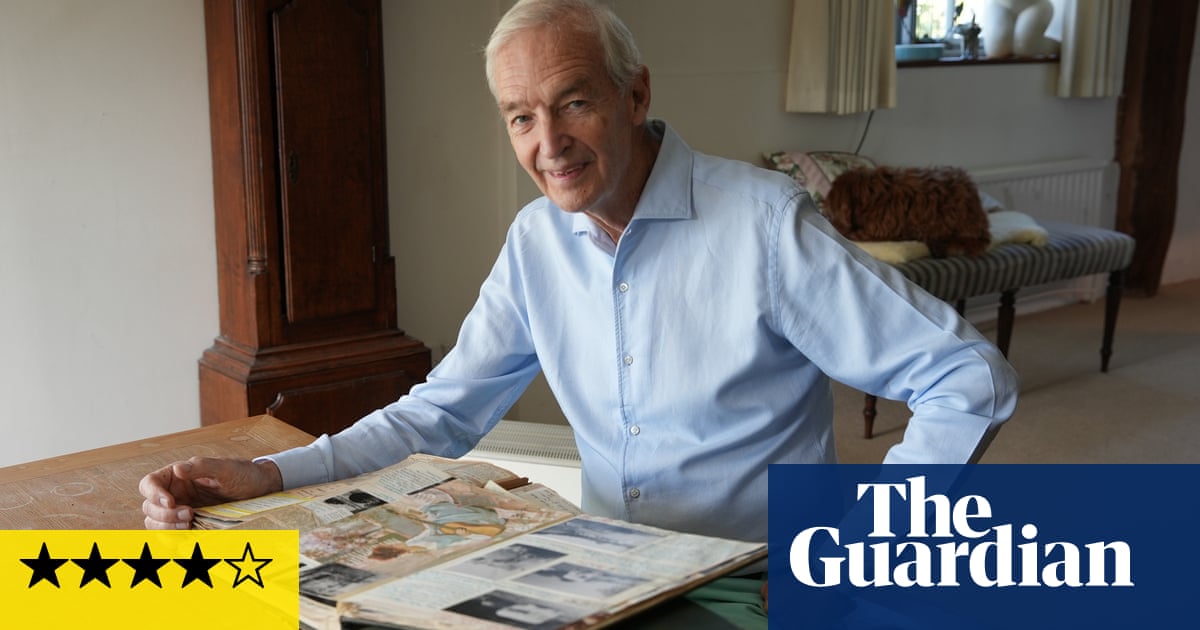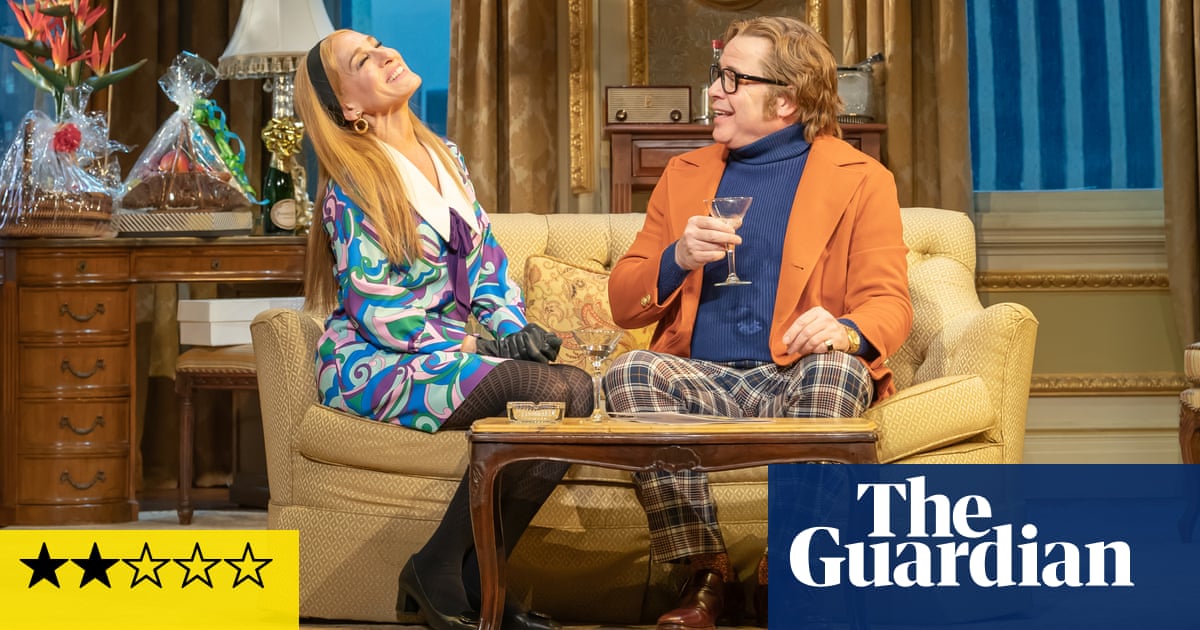
he measure of Britney Spears’ celebrity can be taken by the fact that Sky has brought the New York Times documentary about the singer’s life to the UK so quickly after it became a huge hit and talking point in the US. And by the near-certainty that it was already too late. Social media had instantly filled with advice on how and where to watch the programme illegally online and everyone who wanted to has done so – easily at first, as someone posted the entire thing on YouTube almost the minute the official broadcast was over, and with slightly more difficulty after it was taken down.
It’s also a measure of her celebrity that the documentary was made at all. Spears has been a star in the celebrity firmament since, alongside the likes of a tiny Christina Aguilera, Justin Timberlake and Ryan Gosling, she was cast in The Mickey Mouse Club, Disney’s all-singing, all-dancing children’s TV show, in 1992 at the age of 11. She went supernova at 16 with her debut single (and album), … Baby One More Time, and has remained a superlative performer and tabloid fodder ever since.
The ostensible motivation of Framing Britney Spears is to investigate the controversy surrounding the conservatorship (a kind of imposed power-of-attorney-on-steroids) given to her father, Jamie, after Spears was involuntarily committed to a hospital psychiatric ward in 2008. “The only thing he ever said to me was: ‘My daughter’s gonna be so rich she’s gonna buy me a boat,’” recalled Spears’ record marketing director. “And that’s all I’m going to say about Jamie.”
This investigation was done relatively poorly, given the power and resources of the NYT, even in these journalistically straitened times. It mostly pulled together the information already out there – either generally, about this extreme form of control over a person’s life and assets, or specifically, about Spears’ circumstances.
Most of this had already been done by a group of fans who began a successful (in terms of its virality and traction-gaining) online protest campaign under the hashtag #FreeBritney. To express their support, they have gathered outside the Los Angeles court where Spears has begun a push to get her father replaced as conservator by an independent administrator. But the NYT was unable to verify the source of the anonymous voicemail that, claiming to be from a paralegal who had worked on the case, had given so much impetus to the movement. Nor was there anything else offered to solidify the long-felt discomfort and “common sense” distrust of Jamie’s motivations. His lawyer recently said: “Jamie Spears has diligently and professionally carried out his duties as one of Britney’s conservators, and his love for his daughter and dedication to protecting her is clearly apparent to the court.”
What the documentary did provide was a reconstruction of Spears’ career through a modern, post #MeToo lens. There is nothing stranger, of course, than the recent past – nor, in certain areas, more appalling. One moment from one of her earliest TV appearances – on the TV show Star Search, belting out Love Can Build a Bridge at the age of 10 with preternatural power, musicality and poise – could stand for the whole. After her barnstorming performance, the sexagenarian host Ed McMahon tells her she has pretty eyes and asks if he could be her boyfriend. You can see bafflement, discomfort and a desire to be polite chase across the child’s face. Politeness wins out. “Well,” she says. “It depends.”
Questions about her breasts (implants? No implants? The world needed to know) and virginity (she grew up in the Bible belt and her image initially traded in all-American dream-girl tropes) followed as she grew up. And once the “bad boyfriend” years, marriage(s) and pregnancies followed, so did paparazzi pursuits and tabloid narratives about promiscuity, unfit motherhood and all the vicious rest. Then came the notorious – heavily papped – head-shaving breakdown, which only stoked the fire.
This was a well-curated assemblage of interview footage and commentary from people there at the time – one who had worked with most big boybands noted that not one of their members was ever scrutinised to anything like the degree Spears was. It comprehensively showcased the overt and systemic misogyny Spears (and by extension any young, female performer) faced and faces, within the industry as well as beyond. Rehearsal footage shows a young Spears replying loudly but calmly to an unheard voice: “I am not a diva. I just know what I want.”
The complicity of us all in feeding the frenzy that has surrounded her for 30 years, and the power we hand to the men in charge remain, even and especially as we assure ourselves that a sober documentary cannot be part of it. A point to ponder.












